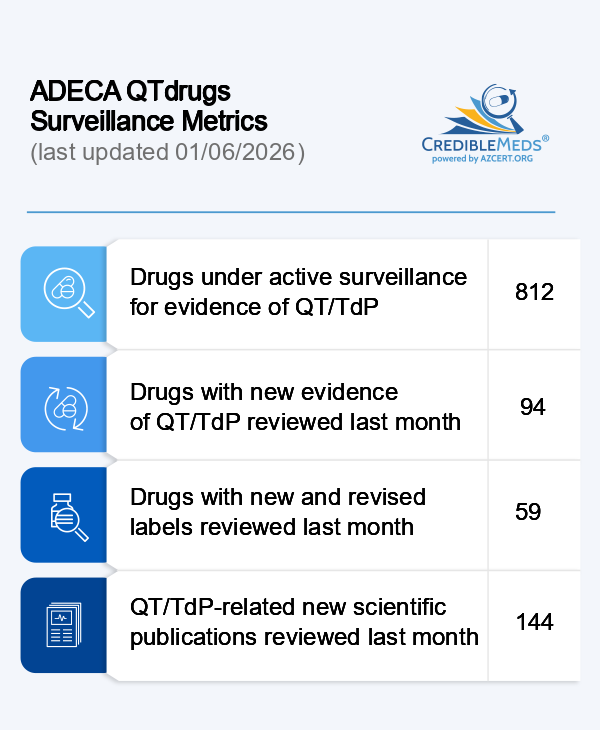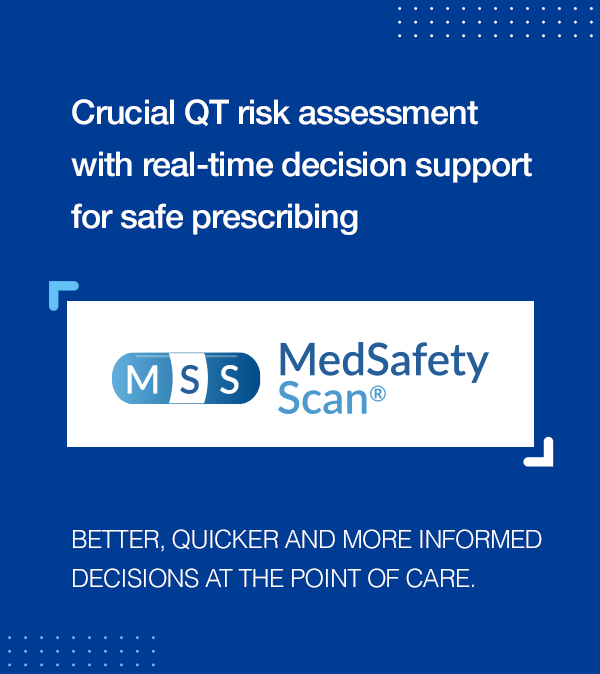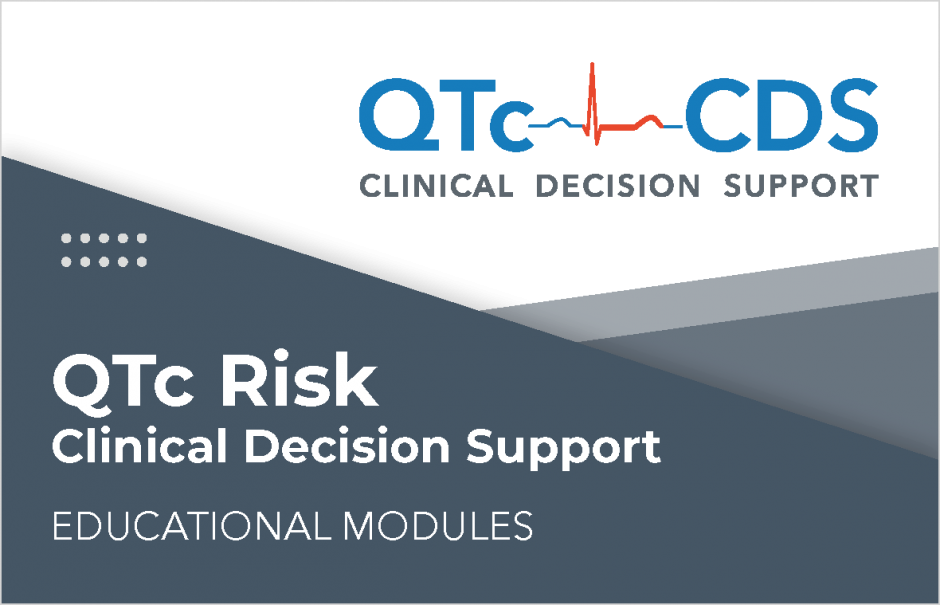Raymond David Woosley, MPH and Raymond L. Woosley, MD, PhD
In the early days of the COVID-19 pandemic, several drugs already on the market were widely touted as potentially effective and were often prescribed in the hope that they could alter the course of COVID-19. Many of those drugs were originally developed for uses other than to treat a viral infection and were prescribed either off label, under “compassionate use” protocols or the FDA’s Emergency Use Authorization (EUA).
One drug that gained a lot of attention and subsequent use was the antimalarial/antiarthritic drug hydroxychloroquine (HCQ), brand name Plaquenil. When asked to address the absence of evidence for HCQ’s efficacy in fighting COVID-19, many advocates for its use responded “What could you lose?”. In April of 2020, AZCERT published an Opinion article in USA/Today responding to this question by drawing attention to HCQ’s place on the QTdrugs list in the “Known Risk of Torsades de Pointes” category and concluding that some patients could lose their lives.(1)
Later, in June of 2020, the FDA revoked the EUA for HCQ and issued a warning that emerging evidence showed that HCQ lacked efficacy against COVID-19 and cited reports of adverse events, including “serious heart rhythm problems”.(2) Still, these and many other warnings did little to prevent HCQ prescribing by doctors who felt it necessary to “just do something”, especially when urged by patients and their families. Many thousands of patients with COVID-19 received HCQ during the pandemic.
In 2021, a meta analysis of controlled trials of HCQ in hospitalized patients found an 11% increased mortality in those treated with HCQ.(3) A recent international collaborative study estimated the “worldwide in-hospital mortality attributable to HCQ use” by analyzing data from the published reports of mortality rate, HCQ exposure, the number of hospitalized patients and the increased relative risk of death with HCQ in the US, Belgium, France, Spain, Italy and Turkey. The authors estimated that there were 16,990 excess, in-hospital deaths associated with the use of HCQ during the first wave of the pandemic alone.(4)
Considering the types of adverse events that have been reported with HCQ and its strong correlation with prolonged QT and Torsades de Pointes, it is logical to assume that at least some of the excess deaths were due to the arrhythmogenic, QT prolonging properties of HCQ. This experience with HCQ demonstrates the importance of being aware of a drug’s potential adverse effects, especially its QT/TdP risk category, when estimating the drug’s risk/benefit ratio.
- Woosley RL. What do you have to lose taking hydroxychloroquine for coronavirus? Potentially your life. USAToday Opinion [Internet]. April 10,2020, Accessed: Jan. 1, 2024. Available from: https://www.usatoday.com/story/opinion/2020/04/10/what-have-lose-taking-hydroxychloroquine-coronavirus-life-column/5123478002/.
- FDA. FDA cautions against use of hydroxychloroquine... due to risk of heart rhythm problems June 15, 2020, Accessed: January 1, 2024. Available from: https://www.fda.gov/drugs/drug-safety-and-availability/fda-cautions-against-use-hydroxychloroquine-or-chloroquine-covid-19-outside-hospital-setting-or.
- Axfors C, Schmitt AM, Janiaud P, Van't Hooft J, Abd-Elsalam S, Abdo EF, et al. Mortality outcomes with hydroxychloroquine and chloroquine in COVID-19 from an international collaborative meta-analysis of randomized trials. Nat Commun. 2021;12(1):2349.
- Pradelle A, Mainbourg S, Provencher S, Massy E, Grenet G, Lega JC. Deaths induced by compassionate use of hydroxychloroquine during the first COVID-19 wave: an estimate. Biomed Pharmacother. 2024;171:116055.











